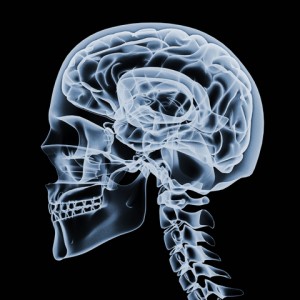 It is estimated that approximately 15 million Americans over the age of 12 suffer from alcohol dependency and that the problem causes 2.5 million deaths every year. This issue has an extremely high emotional cost for the patients who suffer from the disorder and their loved ones. It also means a monetary cost to society in the form of lost productivity and higher healthcare costs. The most difficult part of alcohol recovery is the chronic nature of the problem, which often causes sufferers to relapse, even after years of sobriety.
It is estimated that approximately 15 million Americans over the age of 12 suffer from alcohol dependency and that the problem causes 2.5 million deaths every year. This issue has an extremely high emotional cost for the patients who suffer from the disorder and their loved ones. It also means a monetary cost to society in the form of lost productivity and higher healthcare costs. The most difficult part of alcohol recovery is the chronic nature of the problem, which often causes sufferers to relapse, even after years of sobriety.
Scientists have searched for biomarkers that can help predict a person’s odds of relapse. This type of information could help inform therapeutic treatment plans, especially for the long-term, as well as help to develop improved therapies for alcoholism. Researchers from the Yale School of Medicine think they may have found indicators in the brain that an individual may likely relapse. Their findings, recently published in JAMA Psychiatry, indicate disrupted neural patterns in the following two regions of the brain:
- Anterior cingulate cortex
- Ventromedial prefrontal cortex
Scientists Studied How Stress and Alcohol Cues Affected Brain Activity in Alcoholics
The Yale researchers followed 45 individuals who had remained sober between one to two months while in an inpatient alcohol treatment center. Before leaving treatment, each subject had scans done of their brain functioning in real time while they reacted to the following scenarios:
- Stress
- Alcohol-related cues
- Relaxation
The participants were then discharged and given follow-up interviews, urine tests, and breathalyzers at two weeks, one month, and three months. The research team also evaluated 30 individuals without an alcohol problem at the same intervals.
The subjects had a high relapse rate, but comparing brain scans across subjects the relapses were predictable. The subjects relapsed at the following rates:
- Two weeks post treatment: 13 subjects
- One month post treatment: 20 subjects
- Three months post treatment: 31 subjects
Yale Research Team Finds Consistent Brain Activity Among Individuals Who Relapse
For those subjects who relapsed, their brain scans showed increased activity in both the ventromedial prefrontal cortex and anterior cingulate cortex. After analysis of the brain scans, researchers found that the amount of activity in these areas could have been used to predict the following:
- Intensity of alcohol cravings
- Amount of time until relapse
- Severity of relapse
These results show that it may be possible in the future to use fMRI technology to predict an individual’s relapse potential and help design the most appropriate treatment plan for them.
Do you think someone knowing the likelihood they may relapse will help them or hurt them in their recovery? Share your opinion below.


